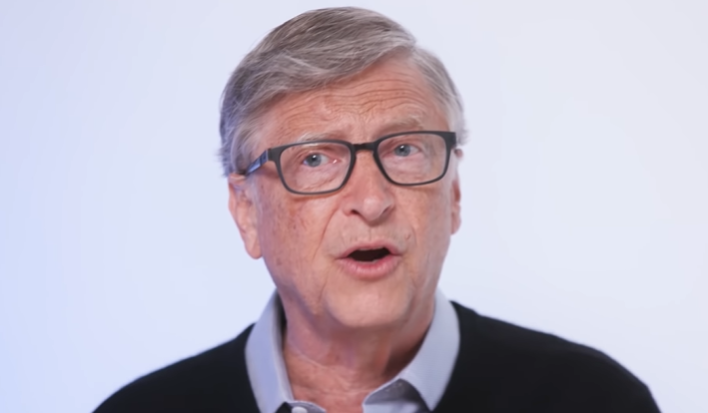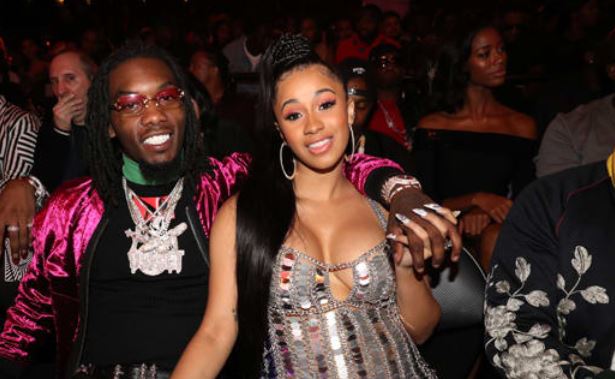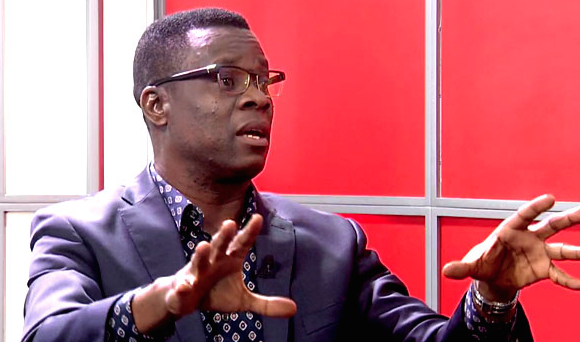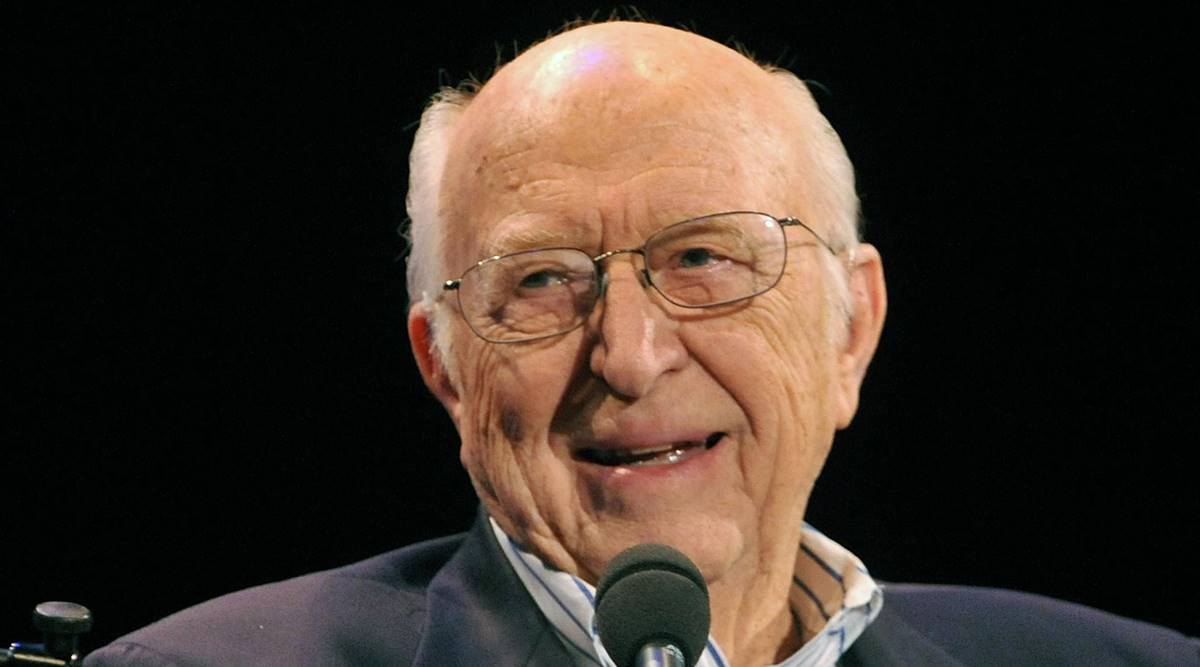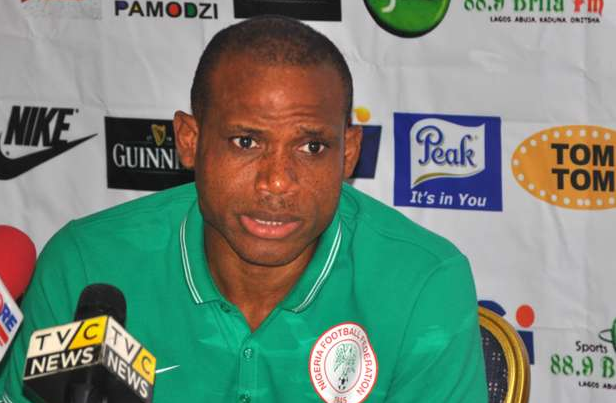‘MAYOWA TIJANI, TheCable’s business and development editor, speaks exclusively with Bill Gates, co-chair of the Bill and Melinda Gates Foundation, on the recently released 2020 Goalkeepers Report, eradication of malaria, controversies around COVID-19 vaccines, tax sentiments — and the removal of fuel subsidy in Nigeria.
TheCable: In the last 20 years, global human development index (HDI) data has shown that the world has become better almost every year. But for 2020, that progress has stopped. As someone who has invested billions of dollars into this, how does that make you feel?
Bill Gates: I am still optimistic that we can catch up on the immunisation we missed and then get back on track for the gradual improvements that — over the last 20 years — have been very strong. There are certainly challenges: the pandemic is creating a lot of economic problems for Nigeria. Both the domestic economy [and] oil exports make things challenging.
I truly do believe that if we can improve the primary health care system… we can literally save millions of lives, even specifically in Nigeria where even before the pandemic, primary healthcare systems were not performing as well as we would like. I spent three hours this morning with my friend, Aliko Dangote, in a conference call with state governors talking about their commitment to primary health care and how they are going to deal with all the challenges, and I do another three of those calls tomorrow. Our foundation believes that Nigeria’s primary healthcare can get improved and save, literally, millions of lives, despite the recent setbacks.
Advertisement
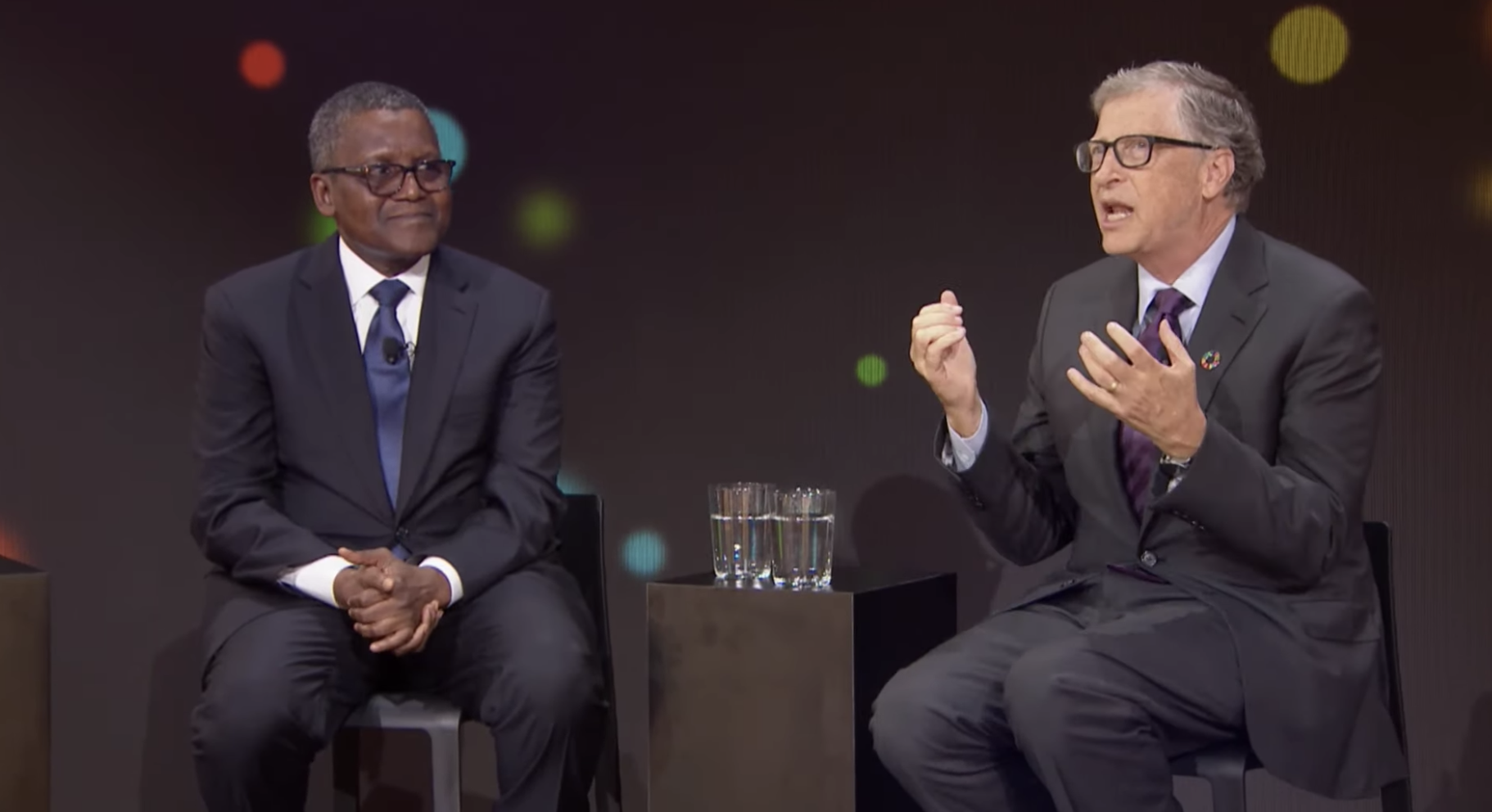
TheCable: According to the 2020 Goalkeepers Report, 25 years of progress has been lost in just 25 weeks. How long or how quickly do you think it’ll take a country like Nigeria and possibly the rest of the world to recover from this particular setback?
Gates: The best case will be in two years, but realistically, even for the health system, it would probably take some years. For some of the economic setbacks, like we talked about poverty increase, 37 million additional people. That may take more than three years because across developing countries, we haven’t been able to run large deficits like a lot of the rich countries have to try and fill in the economic gaps that the pandemic has created. The opportunity in Nigeria is to do a lot better. I mean there are parts of the north where the vaccine coverage, when really properly measured, is under 30 percent and that’s why we see a very high under-five death rate, among the highest in the world, which is definitely tragic.
TheCable: You spoke about 37 million people going into extreme poverty this year alone and we know that a good number of those people are from Nigeria. As an impatient optimist who wants results as quickly as possible, what do you think the Nigerian government and its partners can do to get as many people out of poverty as quickly as possible?
Advertisement
Gates: There are many aspects of poverty reduction. The most immediate is health; you know, if kids are surviving, they are able to be educated and be more productive, if you’re getting rid of malnutrition, both physical and mental capacity of the country is greatly increased. I’d still put primary healthcare at the top; then you have the quality of education, the quality of infrastructure, things like stability, and the court systems working well.
Right now, lots of the people (Nigerians) don’t trust that their tax money is well spent and so [it is important to] build credibility so that over time, the tax collection can be much higher. Nigeria has about the lowest domestic tax collection of any country in the world, so it is very tough to fund infrastructure and education. You have to overcome that sense of if the taxes were collected, will they actually go to the right thing? One area that you can really show that very clearly is by having the health supplies there, having the health workers show up, be clear what those health goals are, then people will very quickly see lives saved. Our deepest expertise is in this health area because that is just a critical area that still lags behind, particularly in the north — even behind countries that are substantially less wealthy.
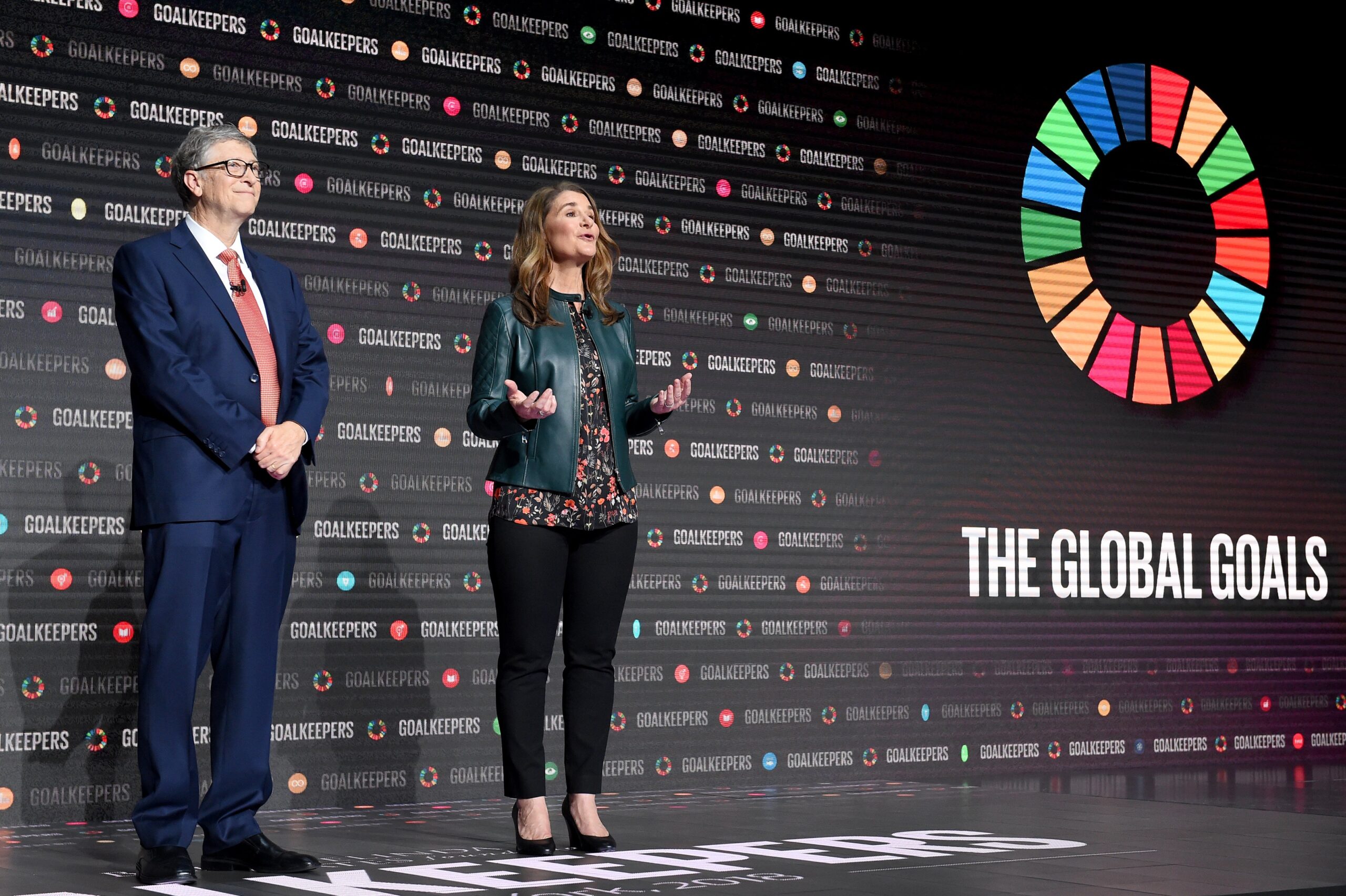
TheCable: The Nigerian government in the past few weeks has removed payment of fuel subsidies and increased electricity tariffs. Earlier in the year, there was an increase in value-added tax and Nigerians are getting to the point where there’s a lot of complaints about the government trying to tax them into poverty, and here you are suggesting that the government can get a lot more money from taxation. How do we balance this?
Gates: Well, people always complain about taxes. But if they know the taxes are being spent on viable services, less so. A lot of government subsidies don’t go to the poorest, they end up going to the people that are well off. Oil subsidies are actually very regressive in nature. You know, I’m not an expert on this topic but do a comparison of Nigeria tax collection to whatever country you think is comparable. The taxes are too low to fund the infrastructure, education system and the health system. Particularly when oil revenues which go up and down quite a bit and when they aren’t there, then you get to a case of indebtedness and the interest payments are very very large. There needs to be good dialogue, the politicians need to be open about “what are the services that you want, and here is how we are going to provide them in a better way” and simply, the subsidy is not the most effective way to do that. Again, it’s up to the local political process to make those decisions but the awareness of the scarcity of resources should be part of that dialogue.
Advertisement
TheCable: One of the realities we have seen from the Ebola crisis in West Africa is that when schools are closed for extended periods, we get a situation where girls are less likely to return to school. For example, in a single district in Malawi, since the lockdown, it’s been reported that about 15,000 teenage girls have now become pregnant and are unlikely to return to school. In Nigeria, the numbers may even be more. How do we get girls particularly to return to school when schools eventually open across Nigeria and other places in the world?
Gates: We have made progress on gaining good gender balance in primary schools, but as you mentioned there are still a lot of places where that is not the case, and that’s very important. We have to tackle universal primary school attendance, the quality that it does create, and then tackle secondary, where often the gender ratio is even more imbalanced. The financing for schools is one of those things that suffers if you don’t have the right level of taxation. Some countries, poor countries, do a very good job running their education systems. It’ll be tragic if the girls don’t come back because they benefit equally from the educational services. And certainly, waiting till an older age to have children, there are a lot of health and other benefits that come from that.
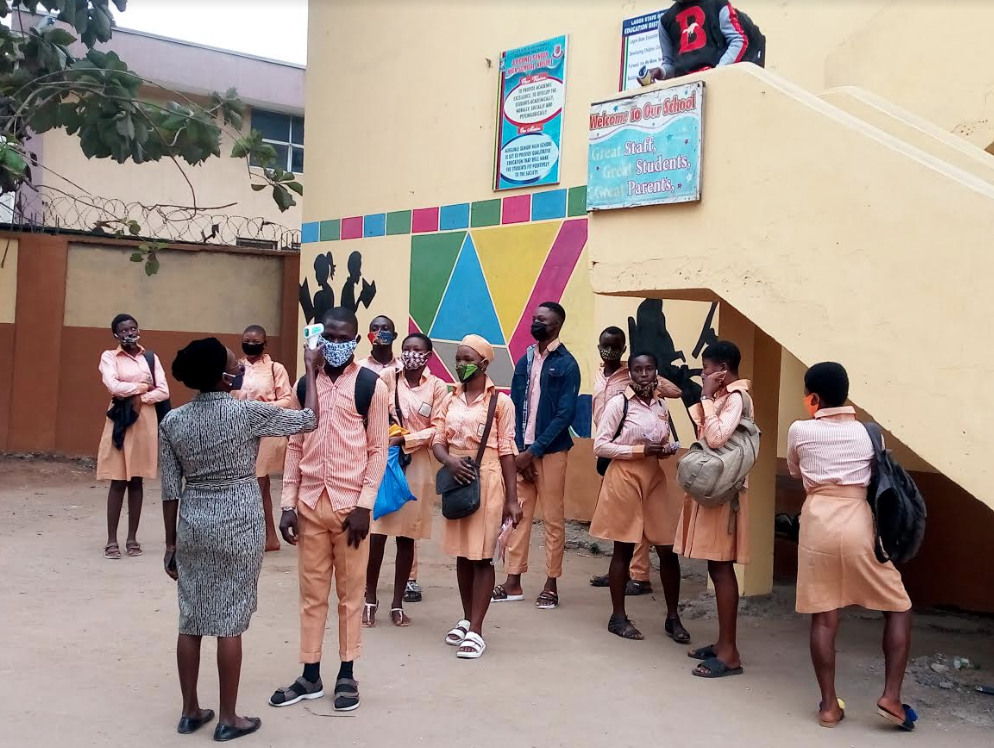
TheCable: I reckon that you must have got a lot of questions regarding vaccines here and there. When these COVID-19 vaccines eventually become available, there is going to be one last hurdle to cross in Nigeria. Over the past few months, a number of religious leaders have been expressing some sort of bias against COVID-19 vaccines funded or part-funded by the Gates Foundation. How do you think Nigeria can deal with these kinds of controversies before the vaccines become available?
Gates: Whatever the COVID vaccines are, there will be a lot of useful health vaccines in developed countries. Unfortunately, until it is available in any large quantities in developing countries, trying to get the priority so that the people most at risk, the health workers and the elderly can get access early in all countries, but whoever is in Nigeria looking at the vaccine decisions they’d be able to see the experience of literally tens of millions of citizens of other countries and judge for themselves. Was the vaccine safe? Was it effective? The world health regulators, such as the European and the US regulators, are the ones looking at these vaccines. There are some diseases that are unique to Africa like Malaria. So when we have a malaria vaccine, Africa is the only place that would use. Here, with the coronavirus vaccine, there is global demand.
Advertisement
There are rumours that vaccines do kill children because you have like participation in measles vaccines campaigns go down or you have kids not getting their routine immunisation and it is very sad that the best life-saving tool ever invented, that these rumours make mothers not seek them out with their children. We had this problem with polio vaccines in 2003. But then, fortunately, a lot of trusted religious leaders, the Sultan of Sokoto, the Emir of Kano, set an example themselves and really got the word out that they’ve studied these vaccines, and in fact they were there to stop kids from being crippled and that they were very very safe. So when the coronavirus vaccine comes along, you’d have the evidence from other countries about their impact and we’d need the trust of leaders from the country; media, political, religious, sports, business, whoever, to speak up so that enough people take the vaccine and the disease goes away.
I have to say this, I am very impressed with what Aliko Dangote has done, put together the Coalition Against COVID-19 (CACOVID), and elsewhere in Africa, there is Strive Masiyiwa East African medicine supply platform which has got very effective drugs like dexamethasone. There are very good things going on… when the vaccine comes we’d have to ask African leaders what their plan is. The experience with polio, which we did achieve… Vaccines can be successful in Nigeria.
Advertisement
TheCable: With Aliko Dangote and the coalition against COVID (CACOVID), we saw how the private sector came together, raised over $80 million, and are supporting the government strongly in the fight against covid19. Do you advise that this kind of model be used in dealing with other kinds of diseases or other kinds of social issues in Nigeria?
Gates: The dominant way to finance child health and education needs has to be through government revenue. Philanthropy can play a role, but it’s a pretty minor role. Even in the United States, where philanthropy is very big, it’s only a few percent, and so the basic funding you count on has to come from the government. Our foundation has certainly given more money in Nigeria than any entity, and yet, as a percentage of government needs, it’s still very, very small. If you add all the things we’ve done, it’s now over $1 billion and that’s over a 20-year period since the polio work and the vaccine work. Philanthropy only plays a fairly narrow role when you have a natural disaster or pandemic. It’s great that people do step up and not just the very rich. Lots of people with very limited money are also very generous. Some of that now through the cell phone can be done in a fairly efficient digital way. But the basic funding 95% of all the resources or more have to come from the government.
Advertisement
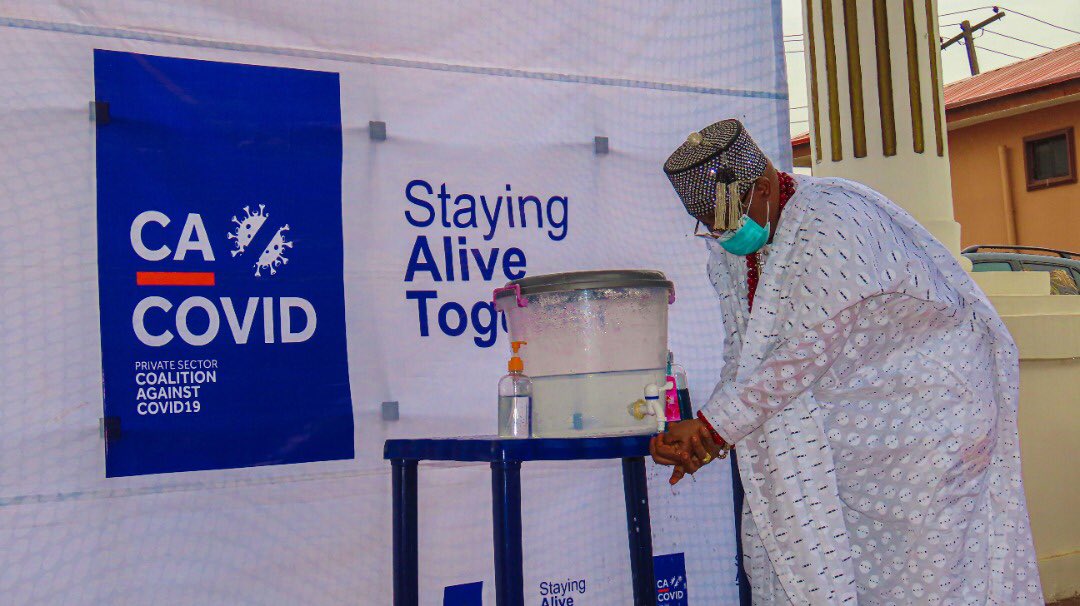
TheCable: Forty years after eradication of smallpox, we see that Africa has also eradicated polio, of course with a lot of help from international partners like yourself and I also see that the Gates Foundation is focused on eradicating malaria. From the lessons you’ve learnt from these tough years of battling polio in Africa, how long do you think would be needed, how much time would be needed to eradicate malaria in Africa?
Gates: With polio, we still have two things left to do: we have to get rid of vaccine-derived polio in Nigeria and other countries in Africa. We think that is doable in the next few years but we have to stay focused on that. Also, we still have wild polio in two countries of the world, in Pakistan and Afghanistan, and of course, I spend a lot of time making sure that we are doing absolutely everything that we can to get rid of this there, the instabilities, the challenge, just like it was in the north of Nigeria. I’m optimistic that the right thing will happen in Pakistan and Afghanistan. So there, even though the pandemic has seen a two or three-year setback, we should get to the end.
Advertisement
Moving to malaria which is a very awful disease not just to the kids it kills but many kids whose brains are permanently damaged, the economic effects you have with malaria. If we don’t have new tools like vaccines or new ways of killing mosquitoes, it would probably take more than 25 years to get rid of malaria. If we get the new tools and they work, we think it can be done in under 20 years. So the malaria field is both trying to keep the number of deaths down, and we have to deal with the resistance that comes up, that the mosquitoes develop. Likewise, the parasite becomes resistant towards drugs, so we always need new drugs. So we are trying to score two goals at once: reduce malaria deaths, sadly there are more malaria deaths in Nigeria than any other country in the world, by quite a bit.
Second, invent the tools to avoid the resistance causing the deaths to go back up and have tools that would get us to zero. So I am very enthusiastic about the work our malaria team is investing in some of these tools including the ones that have to do with killing mosquitoes and which makes a big difference. So my hope is that we can get it done in less than 20 years. If the world stays focused on it, that should be possible.
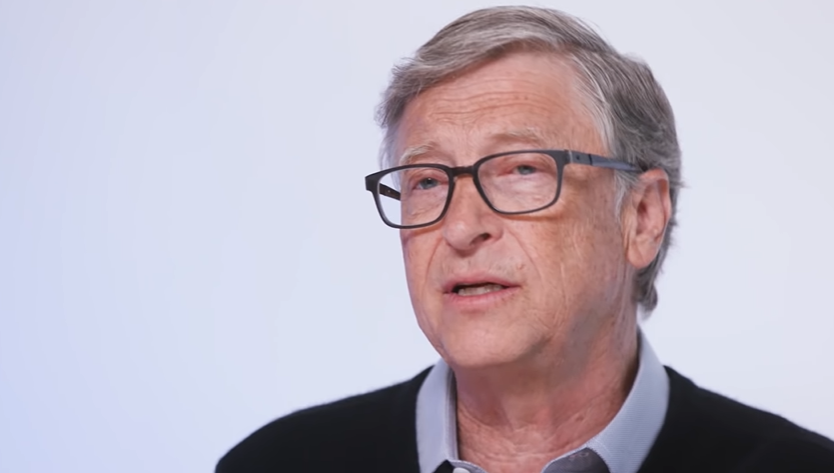
TheCable: When you say 20 to 25 years, is this the optimistic Bill speaking or Bill the realist?
Gates: I think it is realistic. I’m generally optimistic, so there is no guarantee this would happen. But people can be surprised when a new tool comes along that it makes things a lot easier. We got out a vaccine against diarrhoea called rotavirus, and a vaccine against pneumonia called pneumococcus and that has slashed the death rates in half today what they were in the year 2000. So in global health whether it is HIV treatment or cutting malaria deaths in half, we have a track record that we have got things done. Cutting malaria deaths in half many people thought that was not achievable but in fact, partly due to the generosity of the global fund and various research teams including the role of our foundation, malaria deaths are way way down from what they were a decade ago.
TheCable: If you could by stroke of a magic wand solve a single problem in Nigeria, what would that problem be?
Gates: The quality of primary health care and the quality of primary education. Those would be the two. The one that I’m involved with as I said, spent six hours of conference calls just this week where Aliko Dangote and I were asking state governors how we can help them. The primary health care from what I understand is the best [way]. But I would say if you could fix that and education, then the full potential of Nigeria will be unlocked decades sooner than it would otherwise.
TheCable: The GoalKeepers Report says that the last time these many countries across the world were in a recession at the same time was about two lifetimes ago (1870 precisely). For a country like Nigeria, revenue generation is still quite low and our capacity to borrow money to minimise damage is also quite low. What can we do in the situation where funding seems to be a challenge at this critical time?
Gates: You have to have priorities in what gets funded, and if there is ever a time where people should say they want effectiveness in the funding so that it is not diverted, you think they could track all the oil money from the source all the way to whether it gets to where it needs to go. So it’s a challenge for donors with Nigeria because they feel like some of the money, particularly the oil money, isn’t getting to the people’s needs.

